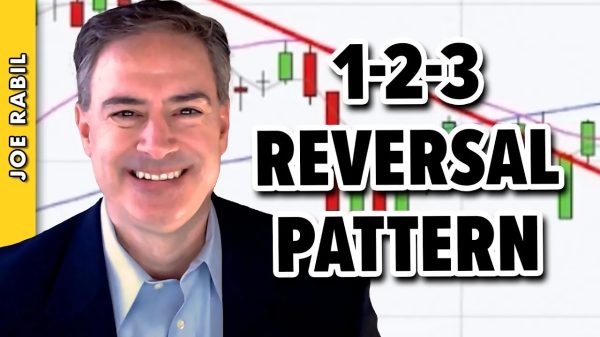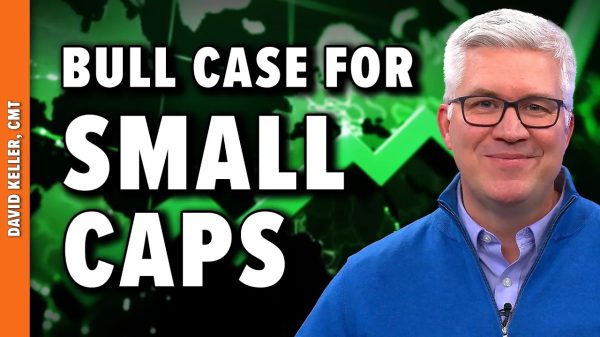Many economists believe that inflationary expectations cause general increases in prices. For instance, if there is a sharp increase in oil prices, people will form higher inflationary expectations that set in motion general increases in the prices of other goods and services. According to the former Federal Reserve chairman Ben Bernanke, “Undoubtedly, the state of inflation expectations greatly influences actual inflation and thus the central bank’s ability to achieve price stability.”
Economists believe that if expectations could be made less responsive to various shocks, then over time this would mitigate the effects of these shocks on the momentum of the prices of goods and services. Many economic commentators think that central bank policies can bring inflationary expectations to a state of equilibrium in which expectations will be anchored or not sensitive to changes in economic data.
This way of thinking holds that if inflationary expectations are anchored, various shocks—such as increases in oil or food prices—will have a short-lived effect on increases in prices in general. According to Bernanke, anchoring inflation expectations is vital in eradicating inflation: “The latest round of increases in energy prices has added to the upside risks to inflation and inflation expectations. The Federal Open Market Committee will strongly resist an erosion of longer-term inflation expectations, as an unanchoring of those expectations would be destabilizing for growth as well as for inflation.”
Once inflation expectations are anchored, sudden large price increases for some goods are unlikely to lead to general increases in prices. It is for this reason that Federal Reserve policy makers and many economists believe that to track the underlying price increases—labeled as underlying inflation—one must pay attention to core inflation, which is percentage changes in the consumer price index excluding food and energy.
It is also held that to make inflation expectations well anchored, central bank policy makers must be clear about their monetary policy and be clear about the target rate of inflation. Doing so can make inflationary expectations well anchored and not sensitive to data changes.
Can General Increases in Prices Be Set in Motion without an Increase in Money Supply?
It is, however, held that the emergence of inflation in response to the increase in the price of oil requires increases in expected inflation. Bernanke says, “A one-off change in energy prices can translate into persistent inflation only if it leads to higher expected inflation and a consequent ‘wage-price spiral.’”
We suggest that without the preceding increases in money supply, there cannot be a general increase in prices, or what is popularly called “inflation.” Now, the price of a good is the monetary amount paid per unit of a good. Hence, for a given quantity of goods, if the stock of money remains unchanged, the number of dollars spent per unit of a good will also be unchanged.
Assume that because of a strong increase in the price of oil, individuals have raised their inflationary expectations. If the money stock remains unchanged, then no general increase in the prices of goods and services is going to take place, notwithstanding the increase in inflationary expectations.
If more money is spent on oil and energy-related products, less money will be left for other goods and services, since a price is the amount of money spent per unit of a good. Instead, the prices of oil and energy-related goods will go up while the prices of other goods and services will go down.
Hence, it is increases in the money supply that underpin the underlying rises in prices, and not inflationary expectations. Without the support from the money supply, no general increase in prices can take place, notwithstanding inflationary expectations. Furthermore, inflation’s real harm comes not from increases in the prices of goods and services but rather the damage it inflicts upon the wealth-generation process. The reason for this is that increases in the money supply set in motion exchanges of nothing for something, which diverts wealth from wealth generators to non–wealth generators.
Some economists, such as Milton Friedman, maintain that if inflation is “expected” by producers and consumers, then it produces very little damage. The problem, according to Friedman, is with unexpected inflation, which causes a misallocation of resources and weakens the economy.
According to Friedman, if a general rise in prices can be stabilized by means of a fixed rate of monetary injections, individuals will then adjust their conduct accordingly. Consequently, Friedman held, expected general price increases, which he labeled “expected inflation,” are relatively harmless.
For Friedman, the bad side effects are not caused by increases in the money supply but by the increases in prices themselves. Friedman regards the money supply as a tool that can stabilize general rises in prices, thereby promoting economic growth. According to this way of thinking, all that is required is fixing the money growth rate at some percentage, and economic growth will follow.
The fixing of the money supply’s growth rate, however, does not alter the fact that the money supply continues to expand, which leads to the diversion of resources from wealth producers to non–wealth producers. Hence, the policy of stabilizing prices will therefore generate more instability through the misallocation of resources.
Summary and Conclusion
Contrary to popular economic thinking, inflation is not about increases in prices but about increases in the money supply. Thus, inflationary expectations in the absence of increases in money supply cannot cause a general increase in the prices of goods and services.























